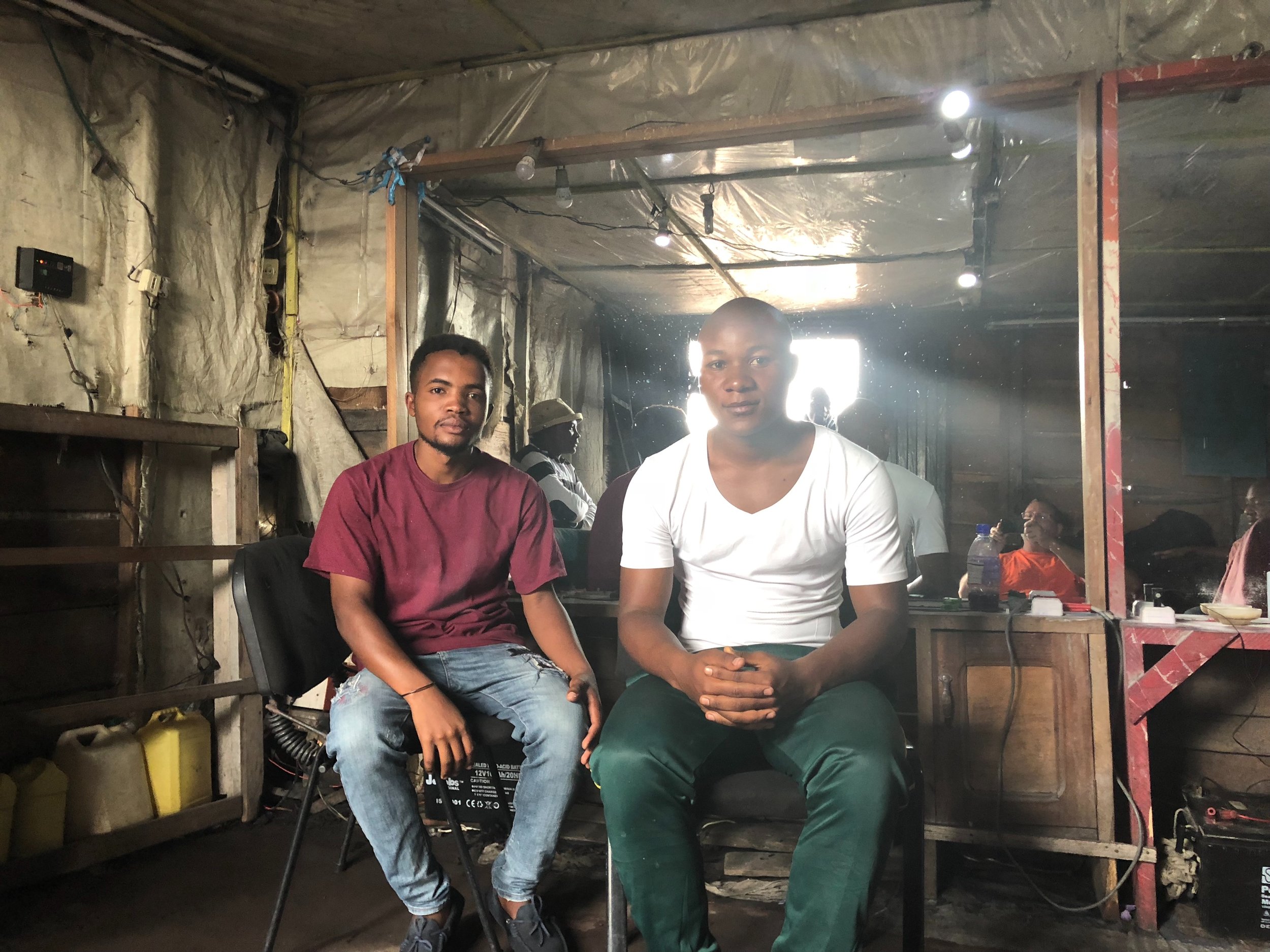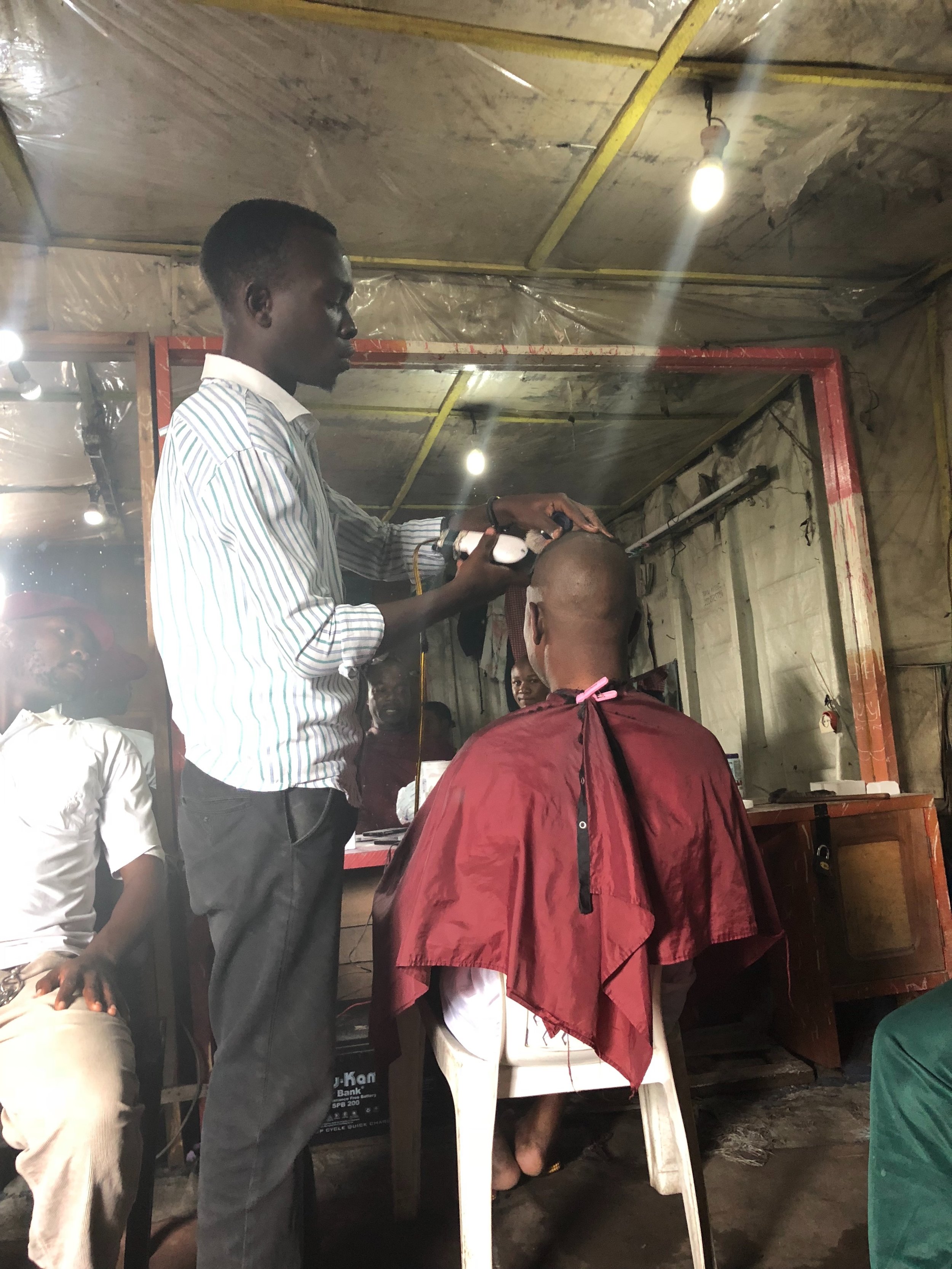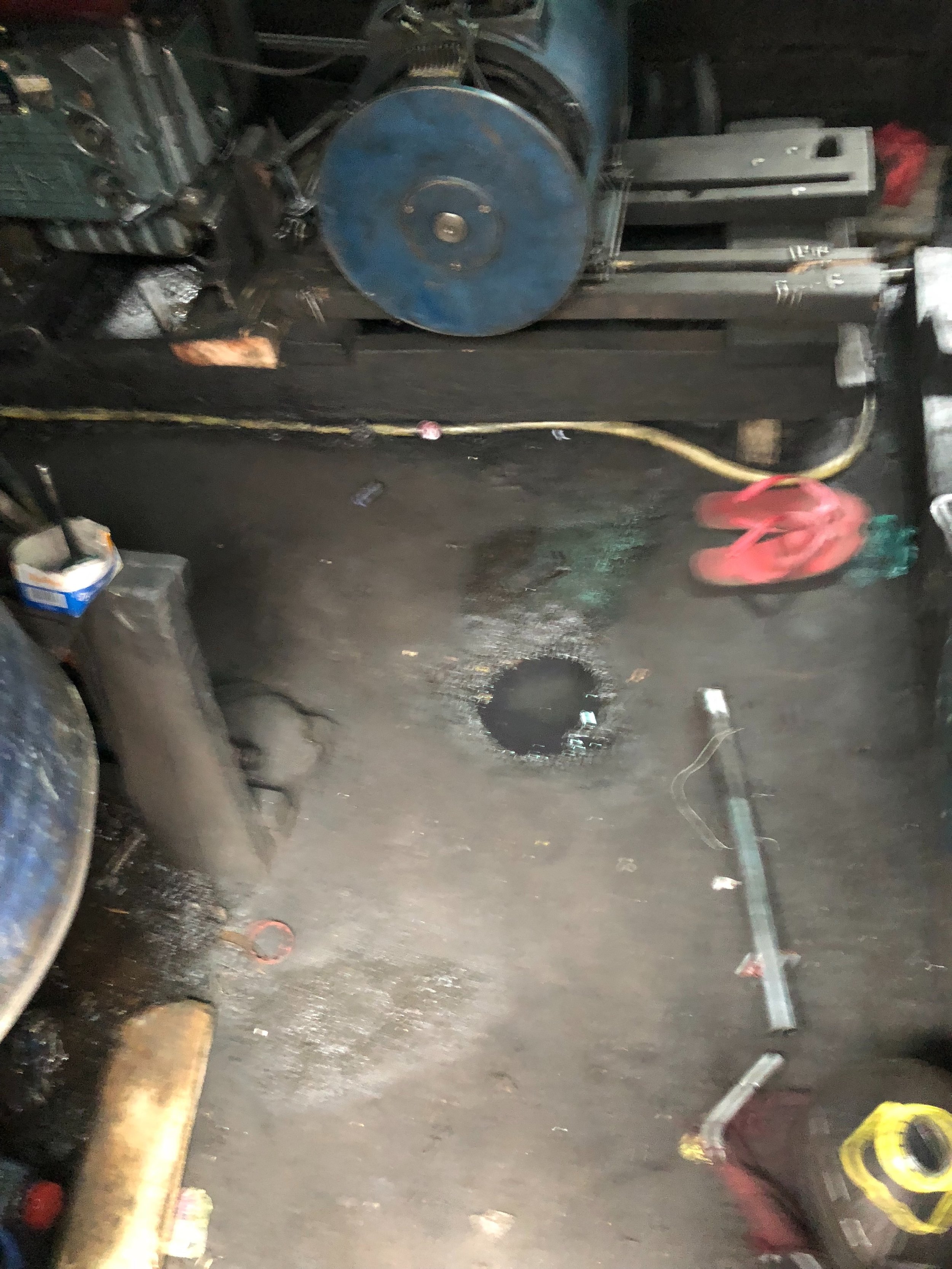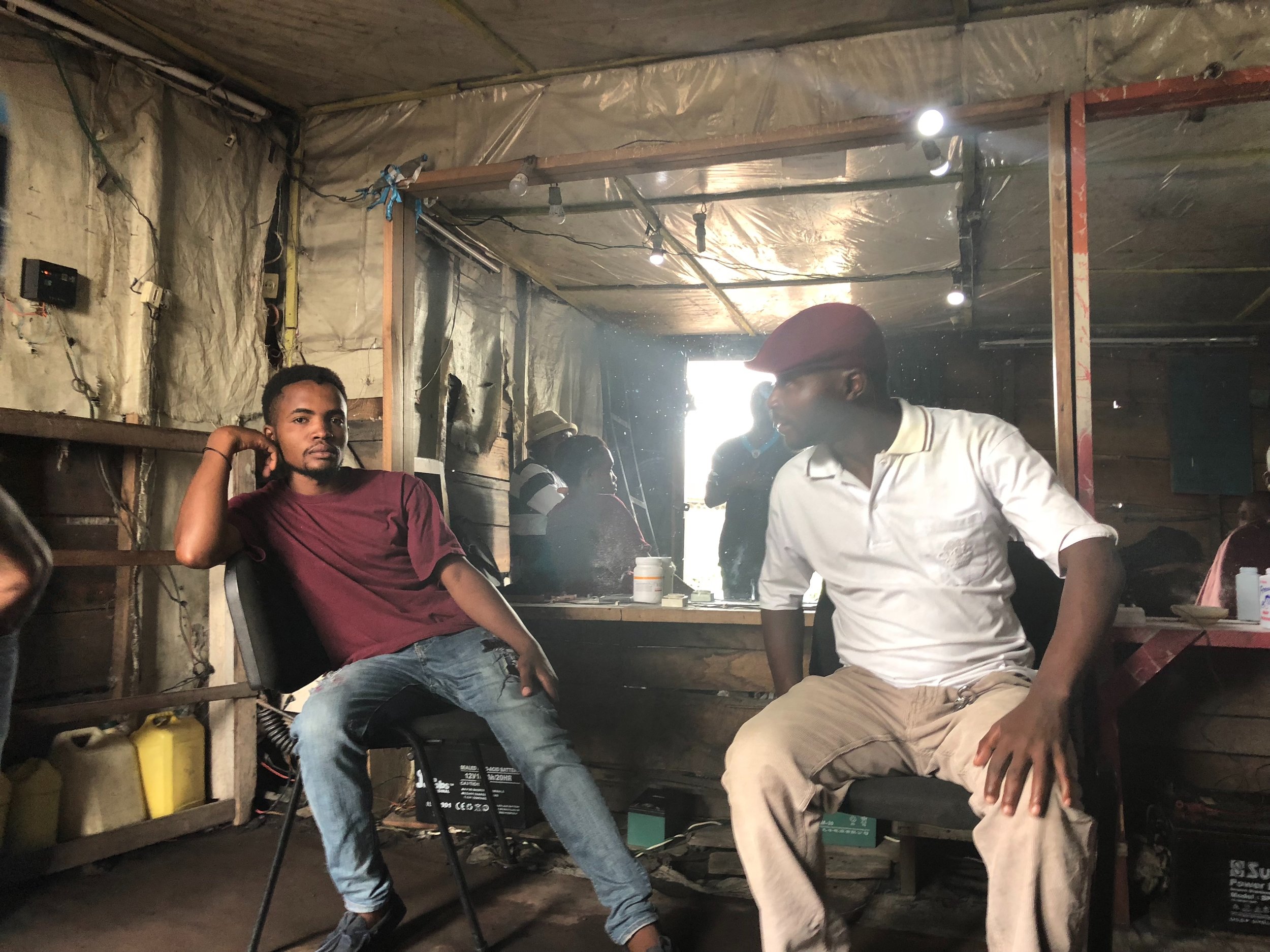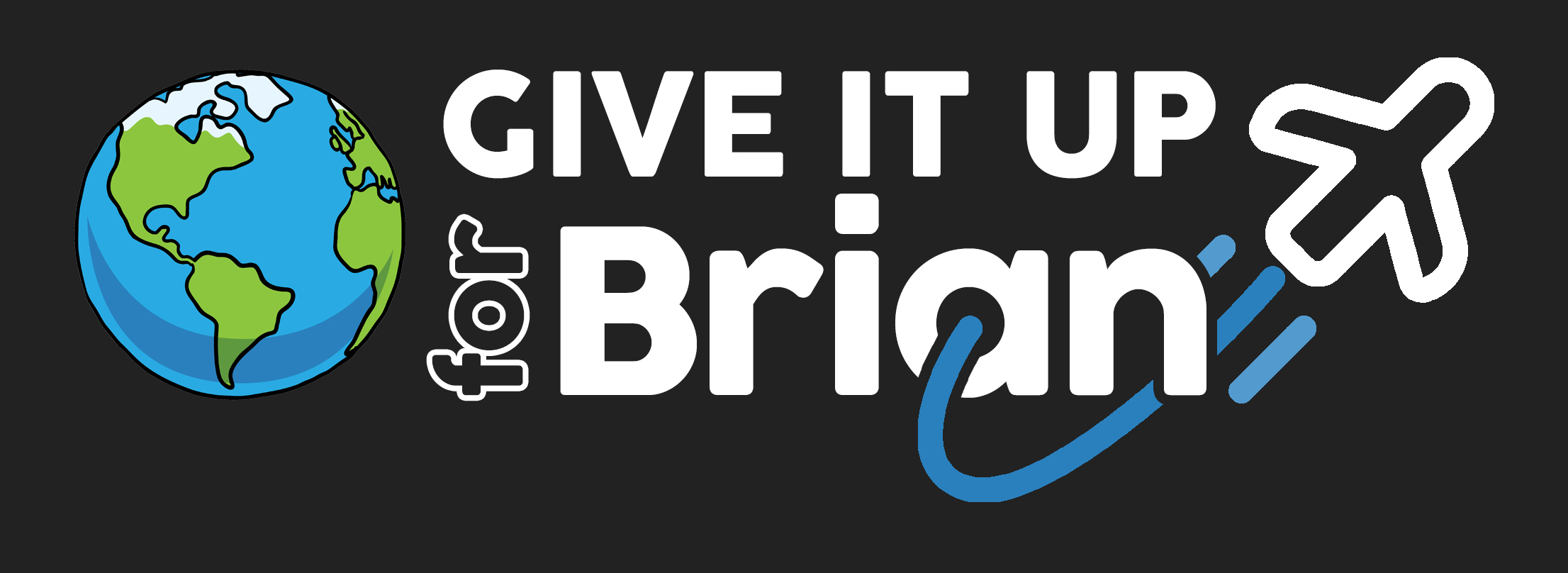The next group I talked to was a group of men led by Bella and Johnson who worked at a Barbershop. They told me they loved Goma for the sense of community and weather. They didn’t like the uncertainty around their futures, its keeping them from developing plans. They are always worried that a big eruption will happen soon. They also bought a simple solar system to be able to be able to start their barbershop. They bought a 100-watt solar antenna and 200-amp battery and over time they have added 5 more batteries over time. This set up powers their barbershop all day long and they also help the community by charging their batteries for them, many for free as they are friends but some people they charge 500 francs for a small battery and 1500 francs for a large battery charge.
They went on to talk about how badly they need water and how many times companies have come in to give them clean water and set up systems but the systems stopped working and there is no one to do maintenance and repair so how can they get those repaired? It’s a good question. As it turns out there are a lot of stranded assets in Goma and Congo that need to be repaired and then maintained.When asked about micro-loans they said that wasn’t possible, because no one has a steady job so instead of offering micro-loans from NGO’s the NGOs should create jobs. This lead to a discussion about co-ops that have been set up by NGOs and the same thing, the co-ops didn’t work because there is no accountability or allegiance to the co-op so it quickly fell apart.This conversation all led back to the same ideas about how the NGOs should focus on creating jobs, creating inexpensive electricity and water. Jobs are #1, they want help creating regular day to day jobs, then then can get water, electric and healthcare. Brian
We make a living by what we get, but we make a life by what we give.
Life is a gift. Living is a choice.
